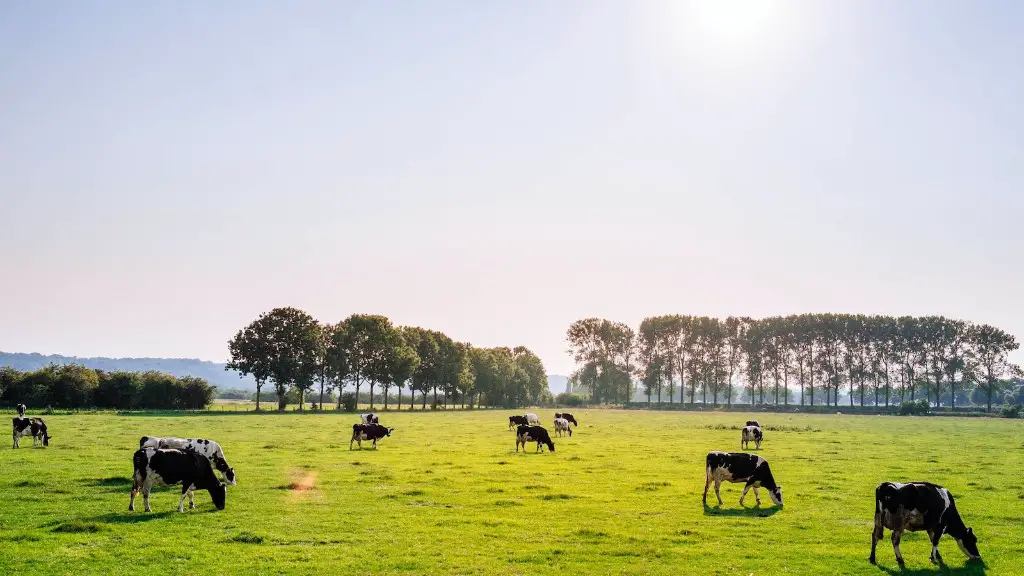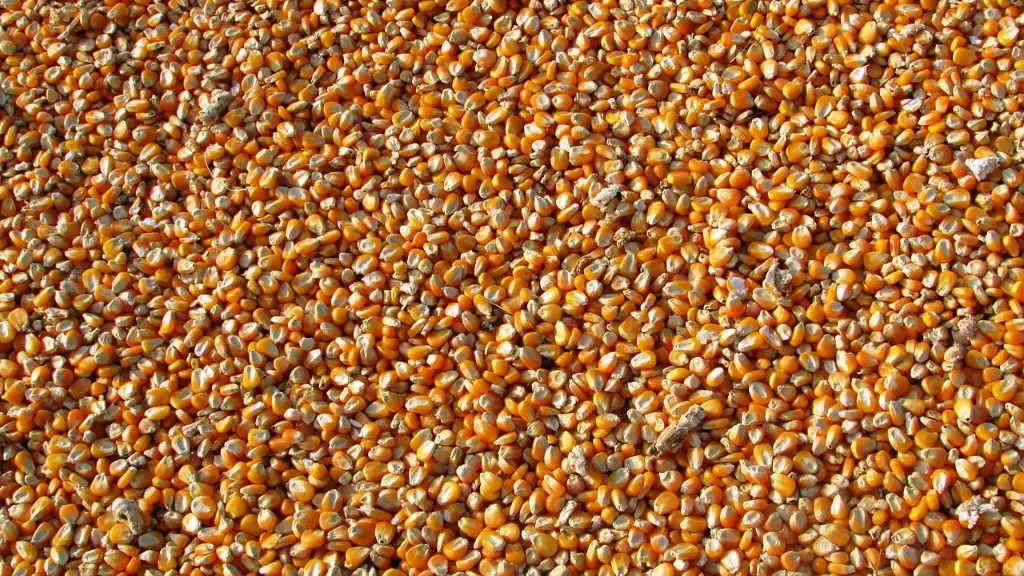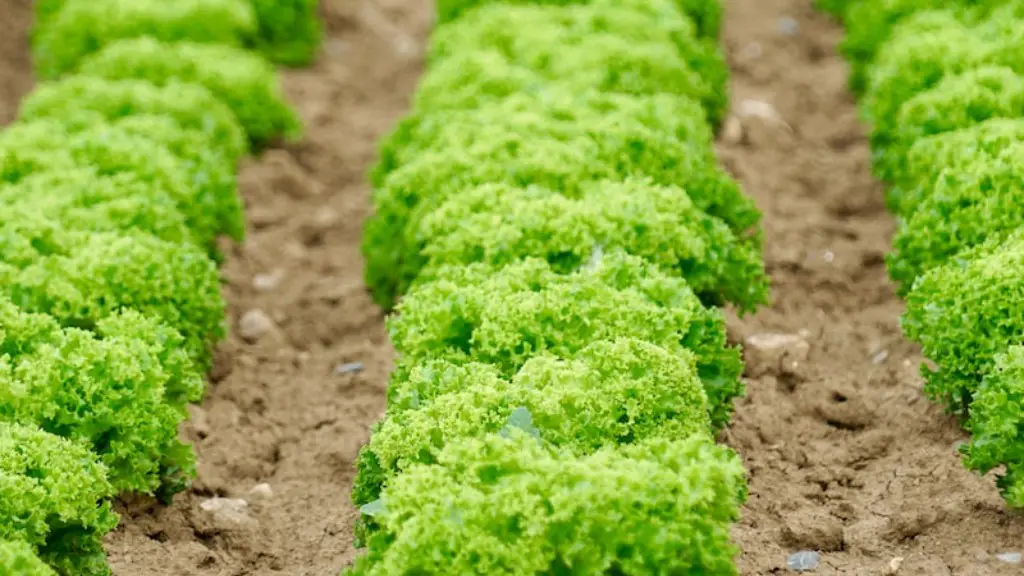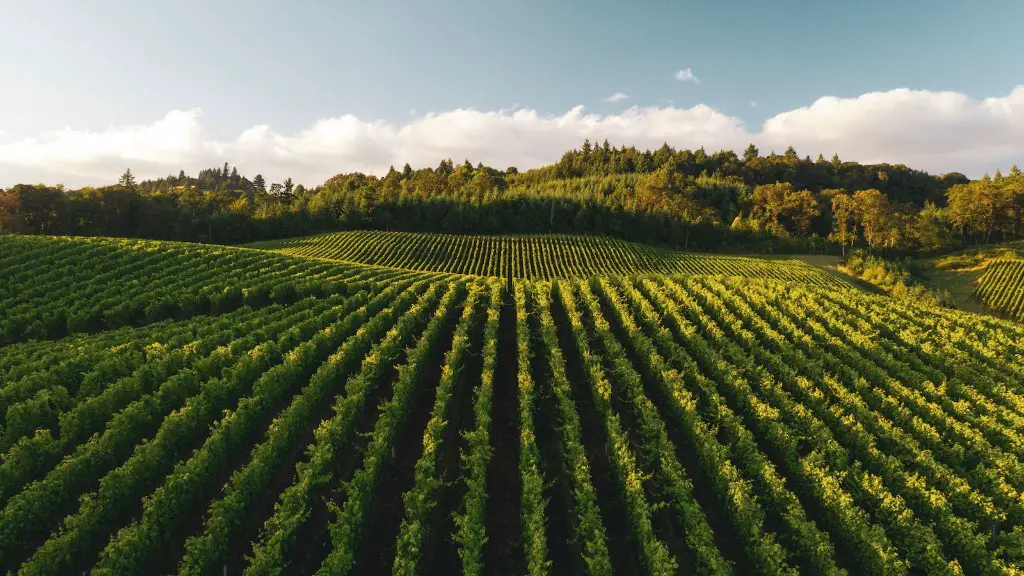Agriculture has been fundamental to human development since the earliest days of civilization, providing the lifeblood of any economy. But to what degree do different political parties support agricultural endeavors? Let’s explore which major political parties generally support the agricultural sector, and why.
Democrats
The Democratic Party in the US has traditionally been strong in agricultural interests. Former US President Barack Obama, for example, campaigned on a platform of increased agricultural growth, investing in agricultural research, infrastructure, and access to education and health care for rural citizens. The current Washington state Governor Jay Inslee has also made supporting farmers a focus of his office, approving funding for agricultural research and expansion.
Democrats generally support subsidies and grants that help farmers stay in business and make a profit, as well as programs that protect our food supply, reduce poverty, and help stop the depletion of natural resources. They propose a return to the days of the New Deal, when the US government heavily supported agriculture.
The party is also a strong advocate for environmental issues, particularly climate change. The Democrats have pushed for green initiatives such as renewable energy research and boosting the development of organic farms.
When it comes to the labor sector, Democrats believe that workers should have the right to collective bargaining and also support better wages and a lessening of regulations that make it difficult for farmers to do their job.
Republicans
Like the Democrats, the Republican Party also have an interest in the agricultural sector, though the stances of the party vary greatly depending on the state. Republicans tend to be more in favor of free market solutions and so are usually critical of agricultural subsidies and subsidies to farmers in general.
However, the party supports various free trade policies, as well as fair trade. Republicans also generally favor increased agricultural research and support the use of genetically modified organisms (GMOs) to boost food production whilst being against the imposition of further environmental regulations.
The Republican Party also supports First Amendment religious freedoms and is generally more supportive of the agro-business industries such as the meatpacking and processing industry. Republicans also to a lesser degree favor labor rights and are not as in favor of raising wages for agricultural workers as Democrats.
Finally, the Republican Party prefers less regulation of all industries, and so are likely to be against stricter regulation on how farmers use their land, which could be favorable for big agribusinesses.
Libertarians
Libertarians, who draw support from both the right and left sides of the political spectrum, may appear to be pro-agriculture, given their usually critical stance against government regulation. This opposition to regulation means they are critical of the subsidies given to farmers and farmers’ cooperatives, which they see as unnecessary government intervention that is stifling the free market.
On the other hand, Libertarians also support free trade and so, in practice this means that they are likely to be in favor of policies that will increase access to foreign markets and allow farmers to take advantage of economic opportunities abroad. Libertarians are also in favor of expanding property rights, which may be beneficial for some farmers and land owners.
When it comes to labor, Libertarians are generally in favor of limiting regulations and laws that prevent farm workers from collectively bargaining, as they believe that such regulations are overly restrictive and prevent freedom of choice.
Green Party
The Green Party, as its name implies, is highly supportive of environmental initiatives, such as renewable energy research, organic farming, and environmental protection. They are also opposed to genetically modified crops, and the excessive use of pesticides, which they believe can have a large impact on the environment, soil, and the health of small farmers.
The Green Party also has traditionally been a strong advocate of sustainable farming, promoting soil, water and energy conservation, as well as organic production and fair-trade initiatives. They also support increased rural development, increased access to education, and stronger labor rights, which makes them in favor of higher wages for agricultural workers.
In terms of subsidies, they also generally have been opposed to them, as they believe that it creates an unfair playing field and can be detrimental to the environment. However, they believe that subsidies should be used to support organic and sustainable solutions instead.
Conclusion
Overall, it is clear that different political parties have different takes on agricultural policy. Democrats and the Green Party are generally in favor of increased investment, subsidies, and labor rights, whereas Republicans generally oppose subsidies and favor free markets. Libertarians, meanwhile, oppose subsidies, but are in favor of free trade and less regulation.




